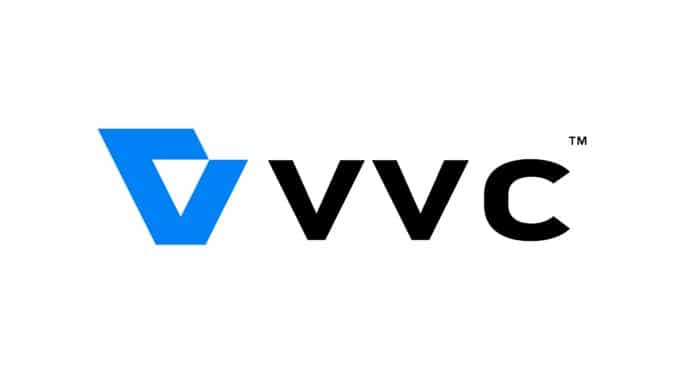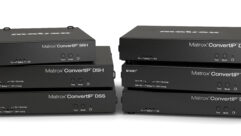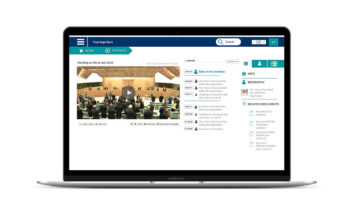
A new video compression tech, developed by researchers from Florida Atlantic University’s (FAU) College of Engineering and Computer Science, has been acquired by Japanese tech giant Mitsubishi Electric Corporation.
The novel, patent-pending technology acquired by Mitsubishi was developed together with OP Solutions, a Massachusetts-based startup known for its intellectual property platforms. A press release from FAU explains that OP Solutions provided the funds needed for the FAU research, leading to the development of the new video compression tech to improve on Versatile Video Coding (VVC), also known as the H.266 video codec. Furthermore, the strategic partnership had OP Solutions offering research sponsorship and direction, as well as “patent portfolio development and technology monetization.” On the other hand, FAU is in charge of providing technical resources, including its cutting-edge technical expertise.
A Strategic Partnership Between the Academe and the Industry
“We have implemented an innovative and mutually beneficial university/ industry collaboration to take Florida Atlantic University discoveries and inventions to the next level,” explains Daniel C. Flynn, FAU vice president for research. He explains that the collaborative effort with OP Solutions has already brought in “significant revenues” for FAU, expecting the trend to continue following the pattern for the next twenty years.
Among the researchers behind the recent Mitsubishi acquisition includes associate chair and professor Hari Kalva and professor Borko Furht, both from FAU’s Department of Computer and Electrical Engineering and Computer Science. Together with the FAU faculty are OP Solutions president Robert J.L. Moore and Velibor Adzic, FAU alumnus and product development director at Videopura, LLC.
VVC marks the latest video coding standards that the two FAU members have worked on for the last two decades. Video compression standards such as versatile video coding are jointly developed by the International Organization for Standardization (ISO) and the International Telecommunication Union (ITU) Telecommunications Standardization Sector, which taps experts from across the globe to work together in the development of new codecs. These standards then serve as the global guide for information and communication technologies.
Versatile Video Coding is the direct successor to the widely-used High-Efficiency Video Coding (HEVC) tech, exceeding its predecessor in handling higher resolution videos and up to 50 percent bandwidth savings.
“Video compression is key to transmission and industry collaborates on a new standard to ensure compatibility across different devices and use cases,” Furht explains, adding that they are “proud and honored” to be the only United States university involved in the development of the VVC.










